November
1. National Author's Day (Need I say, "Yippee!), National Family Literacy Day, National Cook For Your Pets Day, National Stress Awareness Day, National Vinegar Day
2. National Deviled Eggs Day, Traffic Directors Day, National Men Make Dinner Day (My dad's a pretty cook cook!)
3. National Jersey Friday, National Housewife's Day (I prefer the term Domestic Goddess), National Sandwich Day (A day you can really sink your teeth into...)
4. National Chicken Lady Day, National Candy Day (Shouldn't that be Halloween??), National Bison Day
5. National Donut Day, National Love Your Red Hair Day, Daylight Saving Time Ends
6. Saxophone Day, National Nachos Day
7. National Body Language Day, Job Action Day, Color The World Orange Day, National Canine Lymphoma Awareness Day
8. National Cappuccino Day, National Parents As Teachers Day, National STEM/STEAM Day
9. National Microtia Day, National Scrapple Day
10. National Forget-Me-Not day, National Vanilla Cupcake Day, US Marine Corp Birthday
11. Veterans Day, National Ice Cream Sundae Day
12. National Pizza With The Works Except Anchovies Day, National Chicken Soup For The Soul Day
13. World Kindness Day, National Indian Pudding Day (If you haven't tried it, you don't know what you're missing!)
14. National Pickle Day
15.National Bundt (pan) Day, National Philanthropy Day, National Clean Out Your Refrigerator Day, National Raisin Bran Cereal Day, America Recycles Day,
16. National Button Day, Great American Smokeout
17. National Take A Hike Day
18. National Princess Day, Mickey Mouse Birthday, National Adoption Day
19. National Play Monopoly Day
20. Peanut Butter Fudge Day, National Absurdity Day
21. National Stuffing Day
22. National Cranberry Relish Day (I love anything with cranberries!), National Jukebox Day
23. Thanksgiving Day, National Cashew Day, National Eat A Cranberry Day (Gladly!), National Espresso Day, Turkey-Free Thanksgiving
24. National Day of Listening, National Native American Heritage Day, Black Friday, Buy Nothing Day, Flossing Day, Maize Day, You're Welcomegiving Day
25. Blase Day, Shopping Reminder Day, Small Business Saturday
26. National Cake Day, National Cookie Day
27. Cyber Monday
28. National French Toast Day, National Day of Giving
29. National Package Protection Day, Electronic Greetings Day, Rockefeller Center Christmas Tree Lighting (New York City)
30. National Mason Jar Day, National Mousse Day, Computer Security Day, Stay Home Because You're Well Day
WOW! That's sure a lot of stuff to celebrate! What special days will you choose? After I narrow my list down from 30 to a more realistic number, I'll hop on over to the party store and stock up on supplies and decorations.
I hope you all have a wonderful month and will check back here for your December calendar of special days.
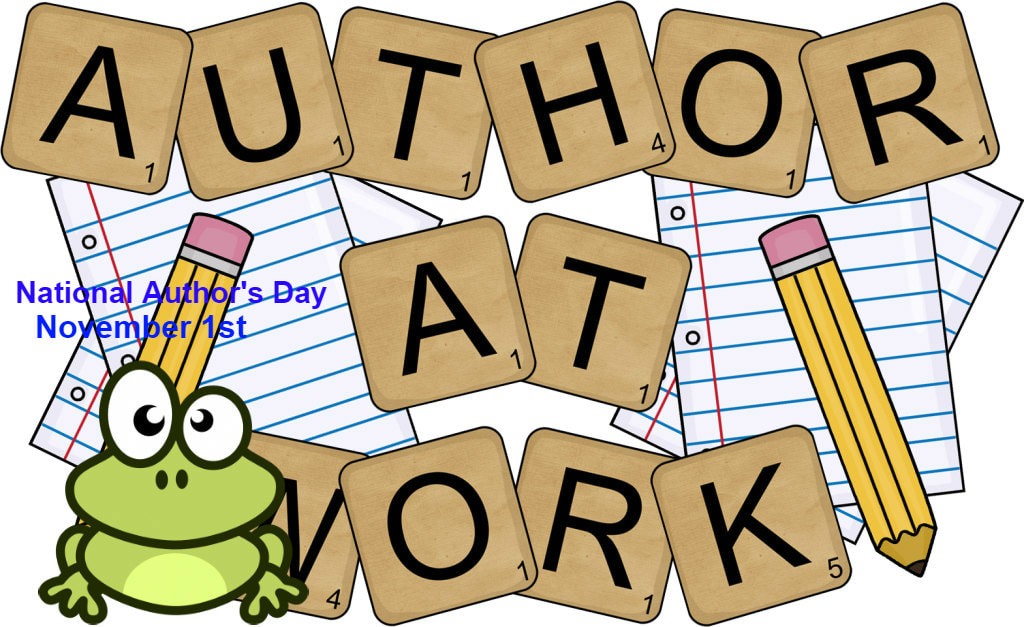
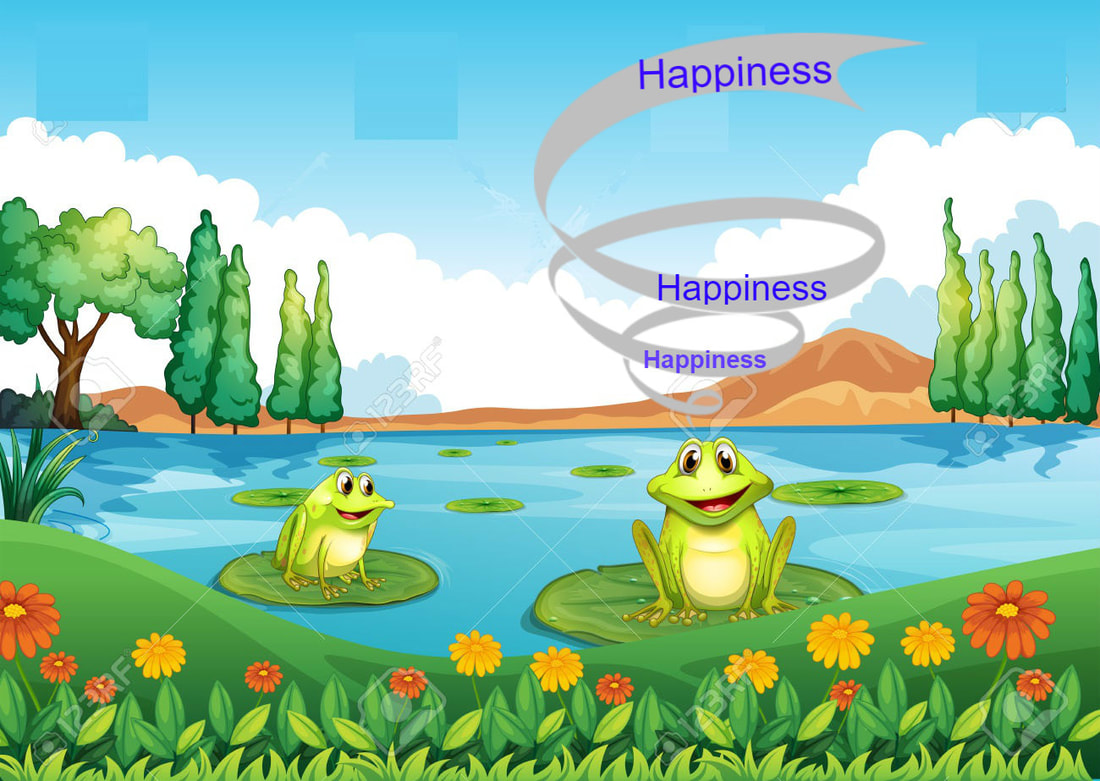
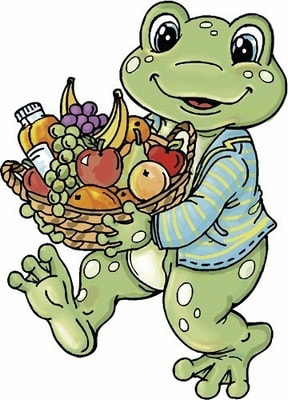


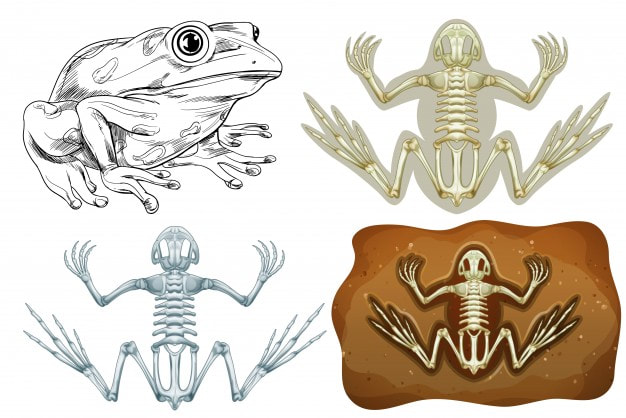
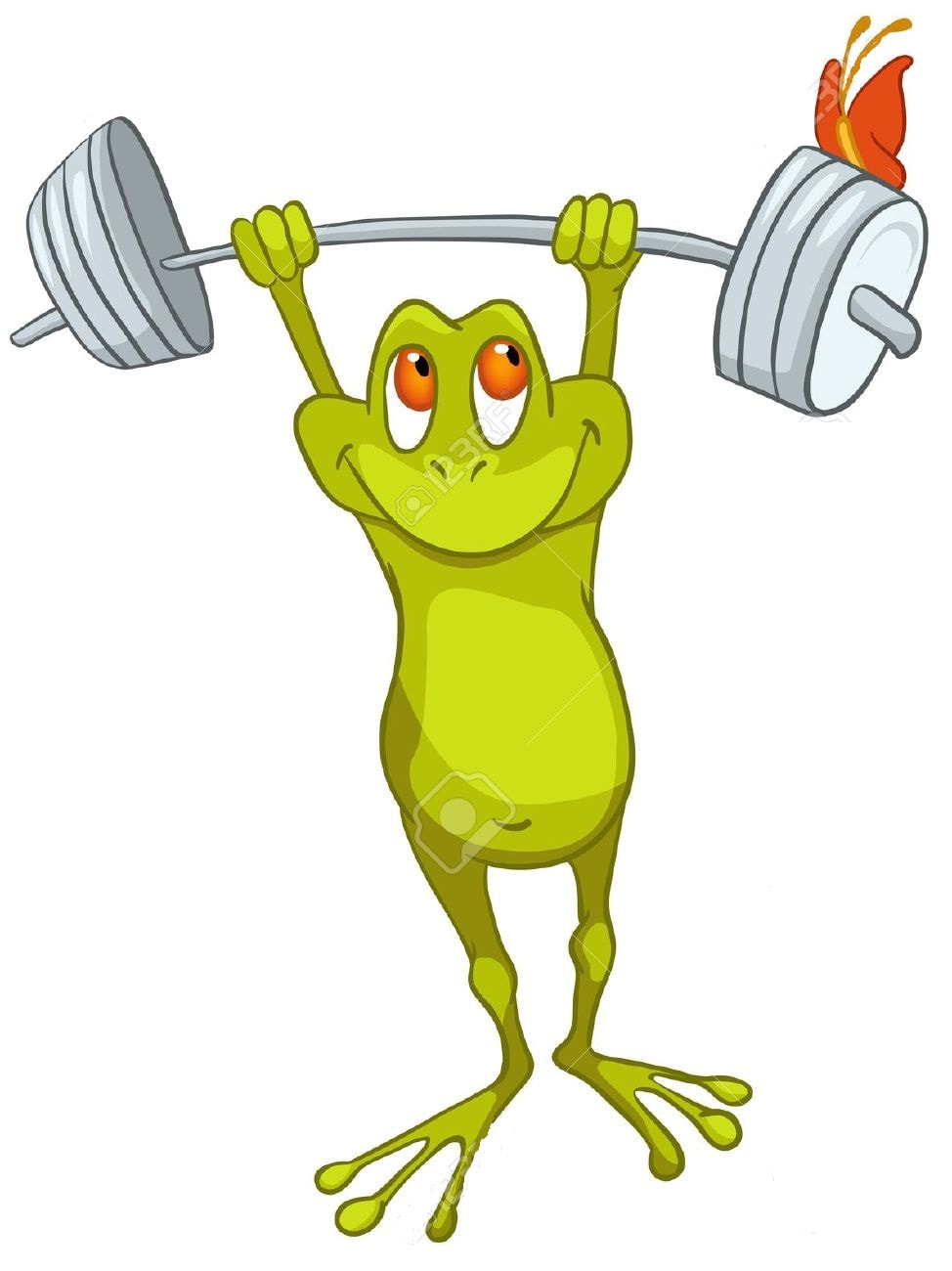
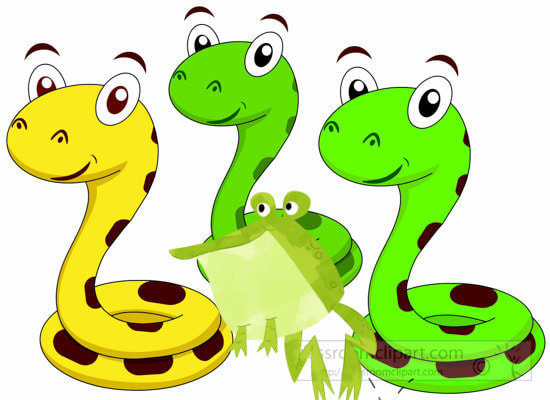

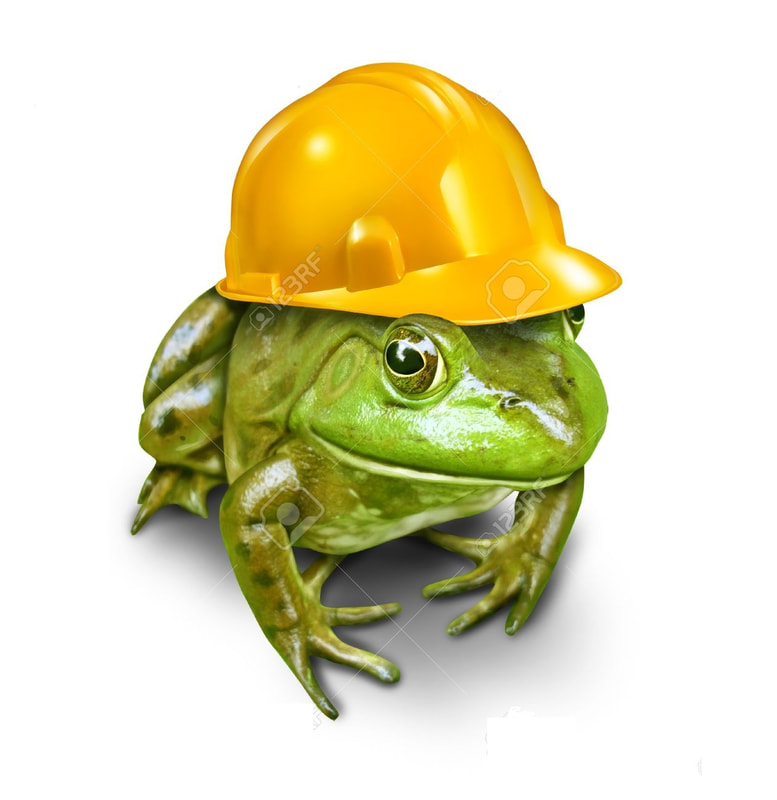
 RSS Feed
RSS Feed